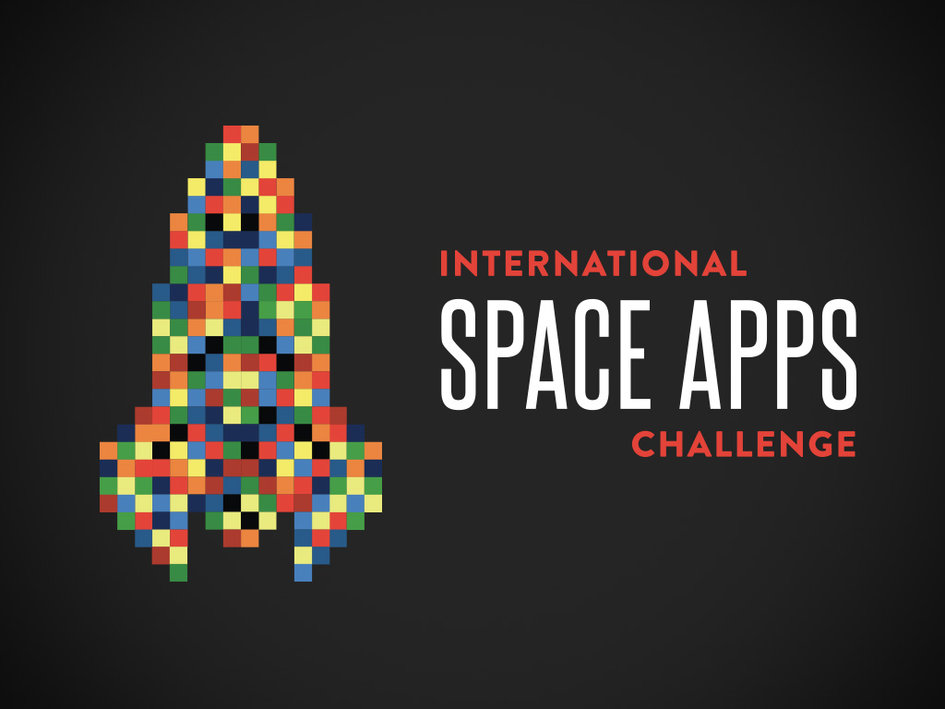
We cannot overemphasise how important networking is throughout one’s professional career. Like many students, you might not think of the fact that having a solid network before finishing your studies can dramatically improve your knowledge about the field you are interested in, and increase your chances of landing the right internships and future full-time jobs. If you are pursuing space studies, here are a few ideas on how to start building your network right away.
Talk to your professors
Your professors can be very resourceful. In fact, they have great knowledge and in many cases, they have built their own careers within the space industry. Your professors might have a wide network themselves and could introduce you to the right people while giving you advice and guiding you towards making the right decisions.
Reach out to the right people and ask for advice
Your professors might introduce you to relevant people, but you can also contact professionals and alumni within specific fields. They are usually very happy to help out students. By asking relevant questions, not only will you get access to the right information, but you will also start making connections that might come in handy at important stages in your career.
If you can find a way to get your hands on either their online profiles, email address or phone number, you can try making a cold call or sending an email. Read more about how to do it right in this nice article from Careerealism here.
Go to space-related events
Another place where you are sure to meet people within your field of interest are events. There are frequent space events and conferences for students and professionals all over the world. There’s your chance. Save up some money and go meet and listen to experienced people who are there to share their knowledge. Such events form the perfect environment for bolstering your standing in the space community by meeting people that matter, while also getting a deeper insight into the subjects that matter.
Prepare a killer elevator speech
Imagine you meet a recruiter from your dream company at a space event: you have to know how to introduce yourself properly! The concept of “elevator speech” is that you should be able to present yourself appropriately to someone you have just met within the duration of an elevator ride, that is, between 30 - 60 seconds. The way you introduce yourself and the first impression you leave can make or break a future opportunity. Therefore, you must be prepared at all times to reel off your pitch.
There are many ways to a perfect elevator speech. Pathfinder Talent’s blog has listed ten useful tips to help you build a great introduction for yourself. Read more about this topic here.
Curate your online presence
Always be very careful about what you post and how you appear on your social media profiles. Whether it’s LinkedIn, Twitter, Instagram or even Facebook, employers tend to look around and see what you are up to. A survey from career builder found out that more than half of the employers go online to check candidates’ profiles.
Make sure of three things:
- You can be found online when searched. It seems like online absence could play against you, as 35% of employers are less likely to interview people they can’t find online, the survey says.
- The information listed on your various profiles is as detailed and accurate as possible. Add a short summary and fill-in information that you would not necessarily think of, like projects, scholarships, awards.
- Whatever you post always makes you look good: you wouldn’t want to miss the opportunity of a lifetime for a photo you shouldn’t have posted.
We hope these simple tips have made you realise the importance of networking as a student, and that they would help improve your networking skills. SpaceBoard is building a professional network dedicated to the field of space, therefore it will become an essential platform for you to interact with the right people within the industry. Find more information on our site and sign up to get access to the platform as soon as it launches!









